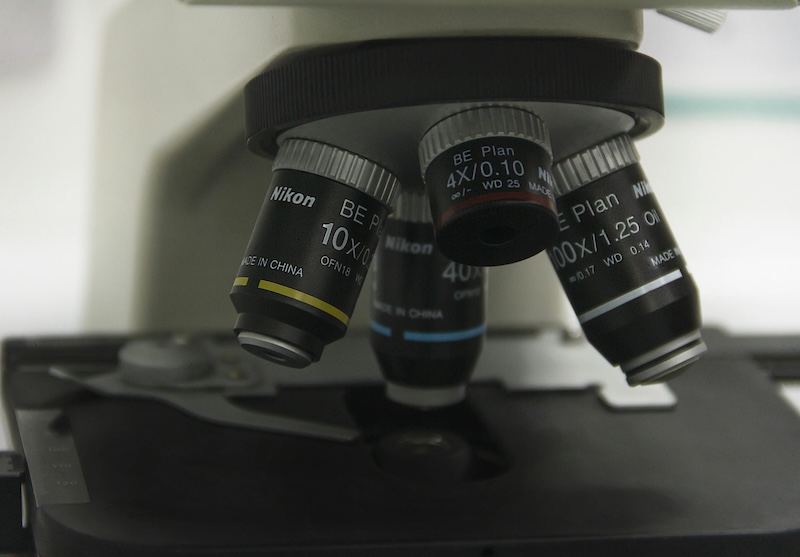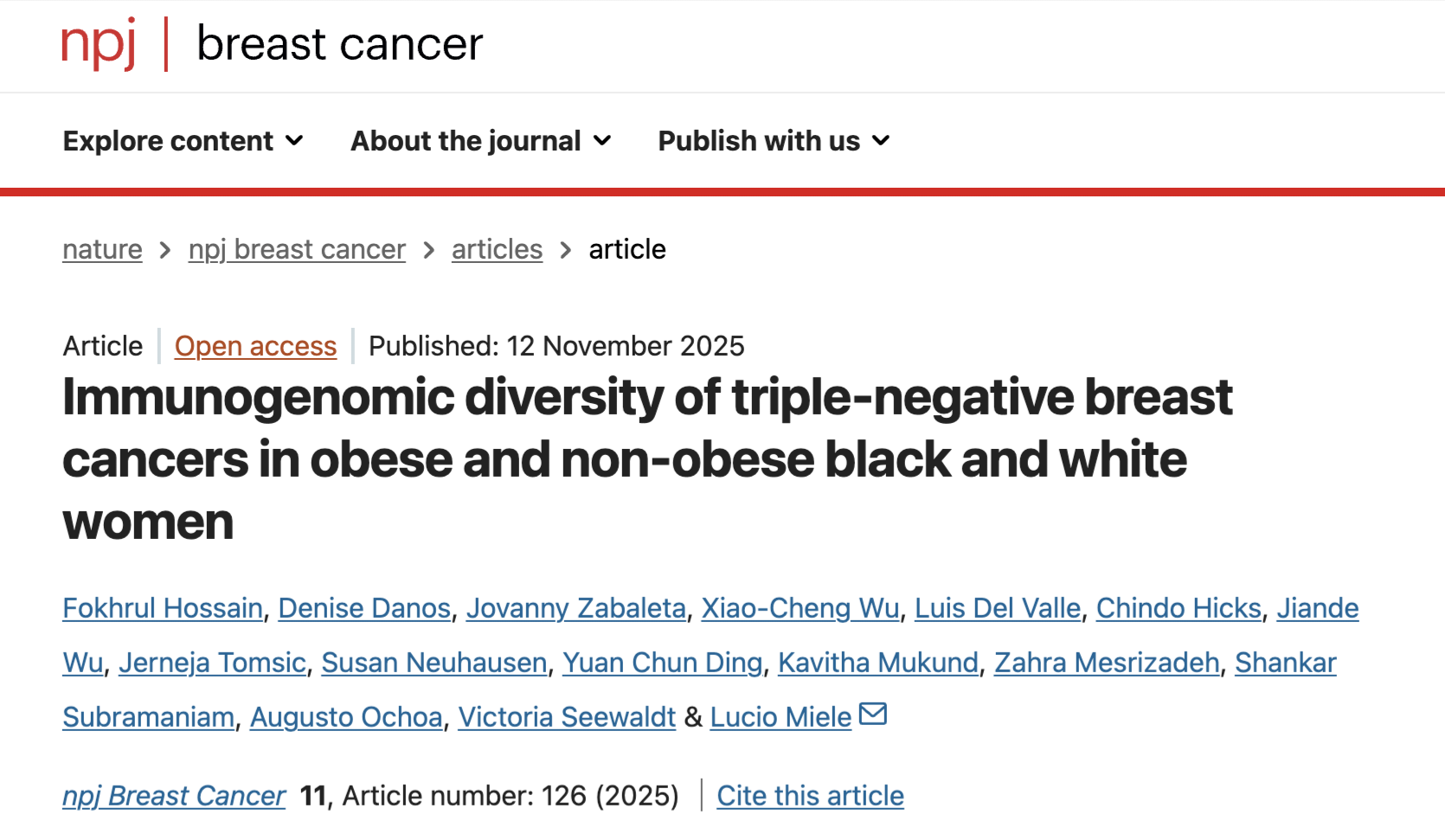
Eliminating Cervical Cancer in Louisiana
“We are at a point now where no one should get cervical cancer, much less die from it.”
Donna Williams, MS. MPH. DrPH, is Associate Director of Population Sciences and Community Outreach & Engagement at the Louisiana Cancer Research Center (LCRC), Director of Louisiana Cancer Prevention and Control Programs and Professor & Associate Dean for Public Health Practice and Community Engagement at LSU Health New Orleans. Dr. Williams has spent much of the last 20 years researching a strategy to eliminate cervical cancer in Louisiana.
According to the Louisiana Tumor Registry, Louisiana ranks 7th in the U.S. for cervical cancer deaths. 221 new cases are found in women each year. In 2020, 80% of women between 21-65 years of age in Louisiana were up to date with Pap/HPV testing. However, that leaves a number of women who could benefit from screening.
“Scotland has already effectively eliminated cervical cancer. Australia's on the verge of doing so,” Dr. Williams explains. For decades, the PAP test was the standard detection method, supplemented in recent years by the HPV vaccine, which has effectively prevented the majority of cervical cancers. A self-collection kit is now available, making cervical cancer detection as easy as a single vaginal self-swab.
The kits are becoming available through physician offices. Dr. Williams is closely involved in training community health centers in Louisiana for a wider rollout of the self-test in their clinics. “It’s going to make a big difference in terms of reaching women who are not able to keep up to date with their testing,” she said.
Dr. Jessica Shank, Gynecologic Oncologist and Assistant Professor of Obstetrics and Gynecology at Tulane Cancer Center is also involved in the statewide effort to eliminate cervical cancer. Tulane has built a registry of all patients who received pap or HPV (human papilloma virus) testing to further knowledge about cervical dysplasia (precancer) and cancer. “Our investigation is in the pre-cancer realm and there is a lot more to be learned,” Dr. Shank explains. “For example, in one of our studies we are investigating the route of delivery and the persistence of abnormal pap smears and HPV infections after delivery. Cervical dysplasia tends to resolve after pregnancy, but does it matter if the birth was a vaginal delivery or C-section?”
Regular gynecologic exams remain key in preventing cervical cancer. Routine pap testing coupled with HPV testing remains the primary tool to detect cervical cancer. Dr. Shank explains that a pap test alone does not detect a high-risk HPV. “If you have a normal pap but your HPV is 16 or 18 positive, you have a high risk of having cervical cancer just by having that positivity,” Dr. Shank explains. “Without an HPV test, patients don't get the next step in the plan of care, which would be a colposcopy, which is an exam of the cervix using a microscope and taking biopsies.”
Dr. Shank and Dr. AmeliaJernigan, associate professor and division director of gynecologic oncology at LSU Health New Orleans presented a webinar with Well Head Louisiana on January 30 on cervical cancer awareness.





